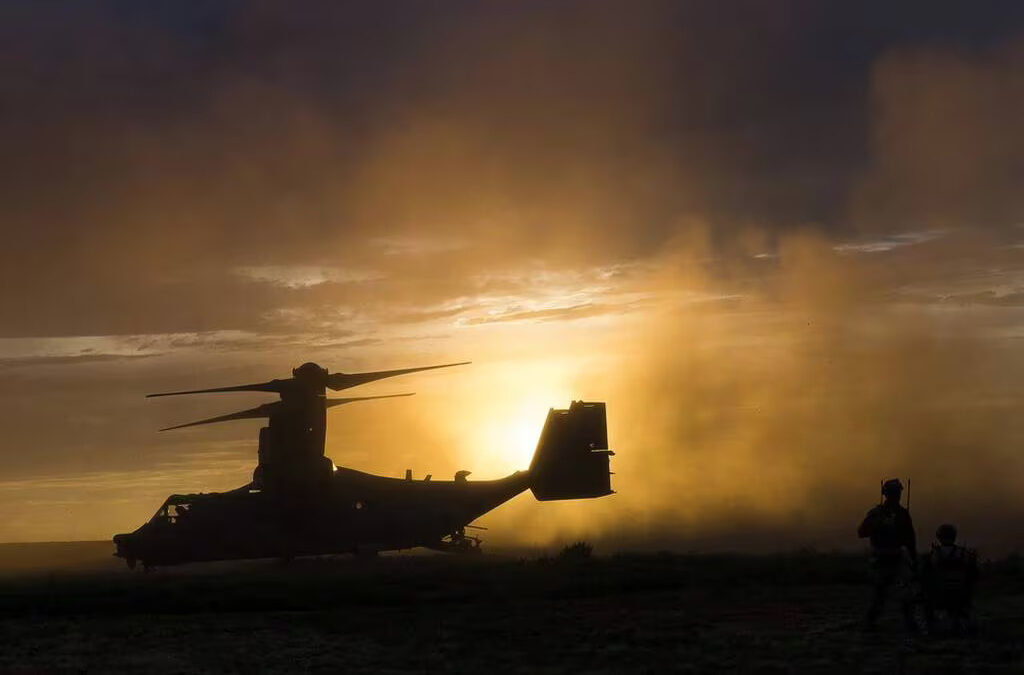
by charmnicole | Apr 27, 2024 | Uncategorized |
Children at New Mexico’s Cannon Air Force Base were no more likely to be diagnosed with brain cancer in recent years than other kids across the country, an Air Force-run study has concluded.
Still, researchers found that children affiliated with Cannon were diagnosed with a diffuse midline glioma, a rare brain cancer, at a higher rate than kids elsewhere. The tumors, which disproportionately affect minors and are often terminal, are also called diffuse intrinsic pontine gliomas — or DIPG/DMG for short.
Source: Cannon pediatric cancer study finds higher rate of rare brain tumors
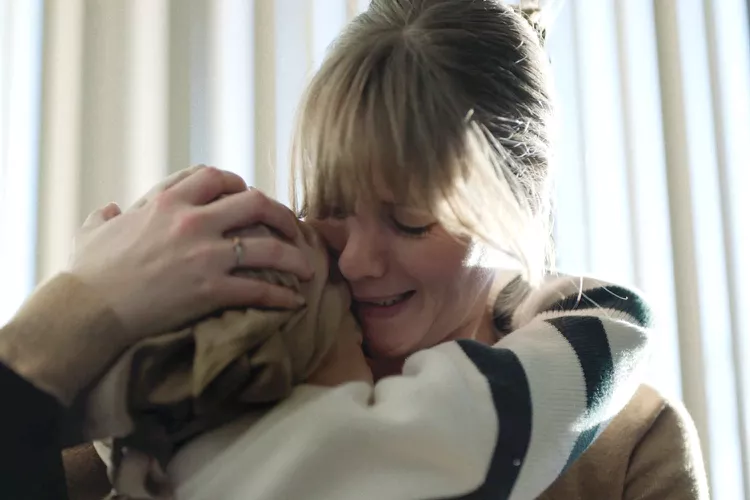
by charmnicole | Apr 27, 2024 | Uncategorized |
Twenty-five years ago, an unimaginable tragedy rocked the suburban community of Littleton, Colo. — and the nation. On April 20, 1999, students and staff arrived at Columbine High School for what they believed was just another school day. But what would happen later that morning would change the lives of many for years to come.
The massacre began a little after 11 a.m., when two teenage gunmen opened fire at their high school, killing 12 students and one teacher, and injuring 24 others. The shooters subsequently died by suicide in the school library.
At the time of the attack, it was the deadliest school shooting in U.S. history, but since then, other school shootings, like the massacres at Florida’s Marjory Stoneman Douglas High School in 2018, and Texas’ Robb Elementary School in 2022, have claimed more lives.
Source: Short Film Released Ahead of Columbine Anniversary Links Causes of Death for Children: Cancer and Gun Violence
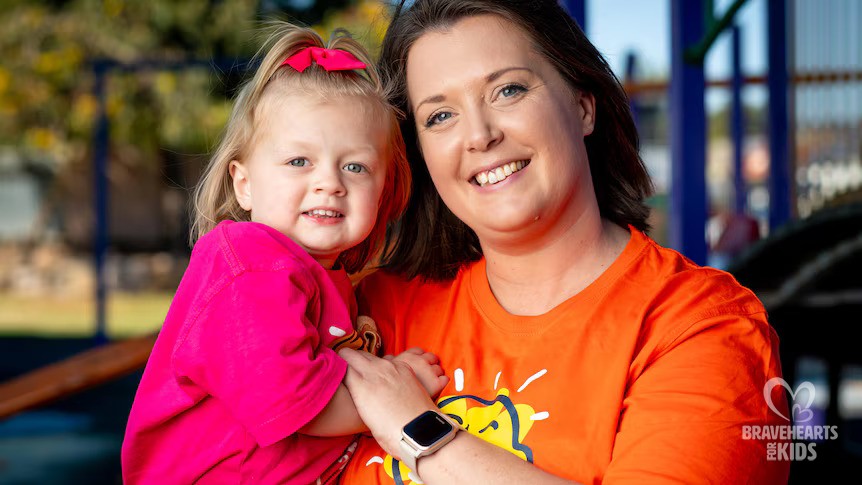
by charmnicole | Apr 27, 2024 | Uncategorized |
At just seven months, Evelyn Tuckerman was diagnosed with an extremely rare and aggressive form of bone cancer called Ewing sarcoma.
The disease usually affects teenage boys and is most commonly found in a limb.
It is so aggressive that doctors usually decide to amputate the affected area.
But Evelyn’s cancer was found in her spine, and the day she was diagnosed, she became paralysed.
She started a journey that her mother Billie Tuckerman has described as going to “hell and back” — especially for Evelyn, but also for her family.
“It’s one of those cancers that they throw everything at,” Ms Tuckerman said.
“We’ve pretty much done everything we can to save her.”
Evelyn, who is from Adelaide, went through 18 rounds of fortnightly chemotherapy, countless blood transfusions and travelled to the United States to get specialised treatment.
Source: Childhood cancer is ‘gruelling’ for those battling it, but siblings can be the ‘silent warriors’
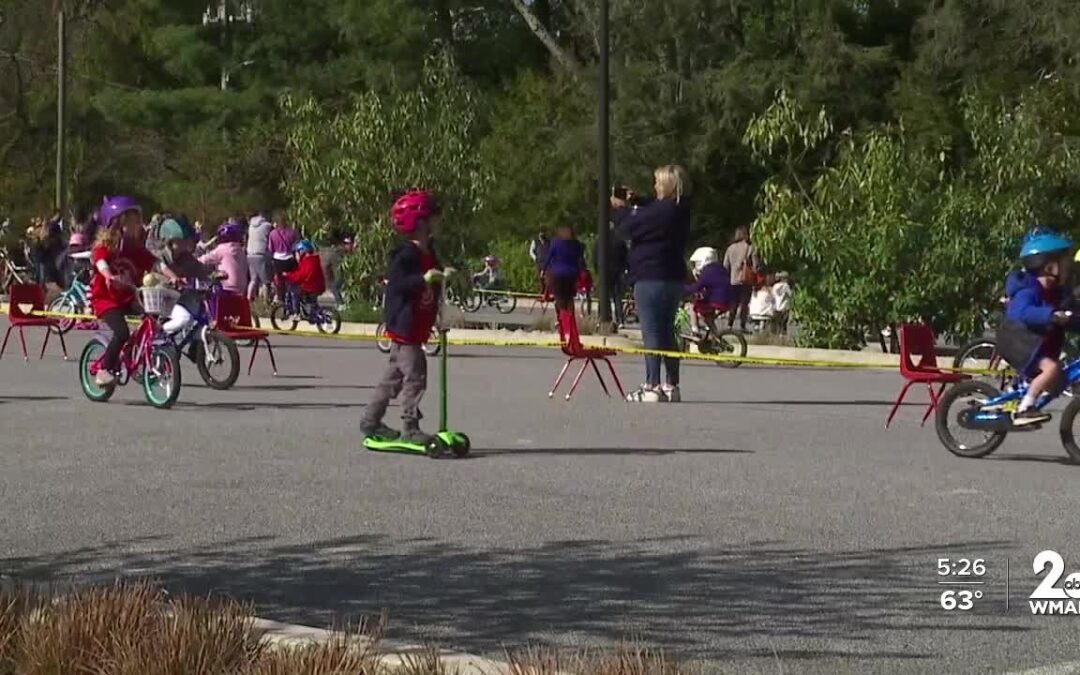
by charmnicole | Apr 27, 2024 | Uncategorized |
BALTIMORE — Get on your bike – get set – and go!
It’s a fun ride for kids while also fighting pediatric cancer.
“I’m riding my bike to raise money for Johns Hopkins children who are sick and it makes me feel good,” Hadley Sprouse said.
Sprouse was 1 of 150 children out on their bikes, scooters, and tricycles at Redeemer Parish Day School in North Baltimore.
It’s the school’s 10th Pedal For Pediatrics event, raising money for the Johns Hopkins Pediatric Oncology Department.
The goal? To research, treat, and one day cure childhood cancers.
Source: Pedaling to fight pediatric cancer

by charmnicole | Apr 27, 2024 | Uncategorized |
The Tom Coughlin Jay Fund Foundation and two other foundations recently joined forces to inspire “superhero” pediatric cancer patients, survivors and their siblings.
The Jay Fund, the Tyler Robinson Foundation and the V Foundation for Cancer Research led a survey to “settle the age-old debate that has plagued the superhero universe since the beginning of time: Cape or No Cape,” according to Coughlin’s nonprofit.
About 55% of the pediatric cancer patients, survivors and their siblings who participated in the survey favored “no cape.” They also chose Spiderman as their favorite superhero, followed by Wonder Woman. Asked what superpower they would prefer, 20% said they wanted to be able to “heal or cure cancer,” while 17% wanted to fly and 10% wanted to be invisible.
Source: Coughlin, Imagine Dragons and the late Jimmy V’s foundations support cancer ‘superheroes’







Most Commented